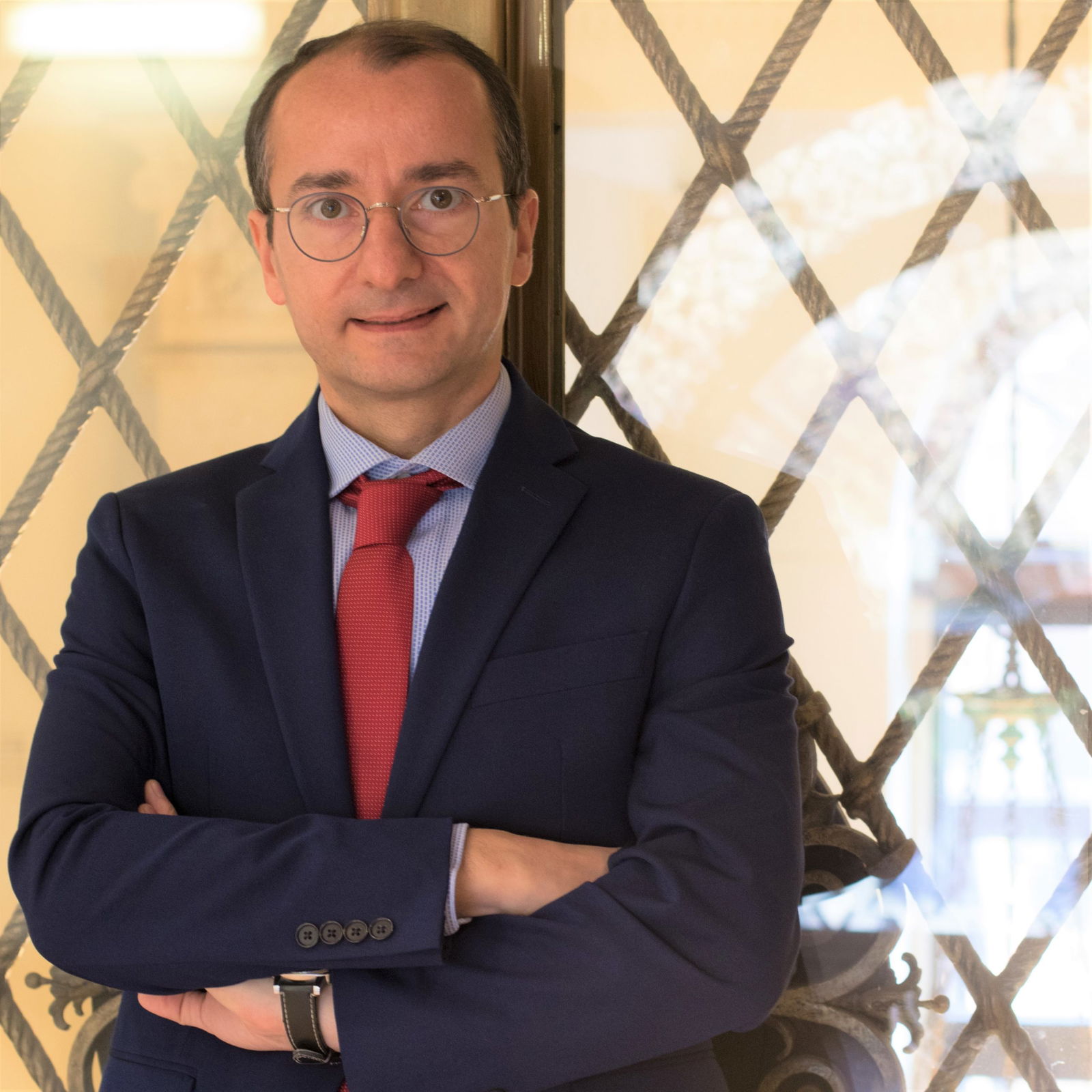The Armenian Weekly Magazine
April 2012

Mark Twain once said, “The difference between the right word and the almost right word is the difference between lightning and the lightning bug.” Over the years, the April magazine issue of the Armenian Weekly has provided extensive space to the topic of choosing the right words and adopting the proper discourse—a challenge that seems to pervade much of the writing on minorities, gender, human rights violations, and genocide.
The magazine you hold in your hands (or are reading on your computer/smartphone screen) tackles this challenge head on. For example, Theriault examines “the commitment to denial,” nondenial, and the space in between, and points out how denialism conceals truth in a “multiplicitous ambiguity,” where “all discussions of mass violence in the present [become] mutual military conflict, and in the past mutual rhetorical conflict.” Mamigonian looks at how “[i]nstead of confronting the genocide head-on, deniers play upon widespread ignorance of the subject and seek to create doubt,” which is then propagated by lazy journalism. Gursel, in turn, explores problematic discourses by looking at representations of the Armenian Diaspora in Turkish newspapers, tearing apart disease, psychological illness, and rape analogies.
In 2011–12, novels, plays, and films approaching the Armenian Genocide from different vantage points have been or will be released. We have asked a playwright, a novelist, and a filmmaker to tell the story of how their work took shape. The power of their words and the themes they explore echo the issues raised above.
And finally, a third section in the magazine examines perceptions of and discourse on Armenians—as genocide victims, as refugees, and as citizens in an unrepentant perpetrator state–in the early- and mid-20th century, and how those perceptions resonate today.
Below are the full contents of the magazine.
ARTS AND LITERATURE
Taboos, Tattoos, and Trauma: Making ‘Grandma’s Tattoos’
—By Suzanne Khardalian
The Seed that Finally Took Root: The Kernel that Led to ‘The Sandcastle Girls’
—By Chris Bohjalian
The Making of ‘Deported/a dream play’
—By Joyce Van Dyke
PERSPECTIVES
Turkey Has Acknowledged the Armenian Genocide
—By Uğur Ümit Üngör
Post-Denial Denial
—By Henry C. Theriault
Tlön, Turkey, and the Armenian Genocide
—By Marc Mamigonian
Kings of Spades: Fantasies of Sovereignty in a Pathology Plot
—By Burcu Gursel
A Tale of Two Monuments:
An Extremely Belated Anatomy of Two Radically Understudied Makings and One Unmaking
—By Ayda Erbal
Does the French Law Penalizing Genocide Denial Restrict Free Speech?
—By Harut Sassounian
FOR THE RECORD
Virtuous Victims: Imagining Armenians in the West
—By Matthias Bjørnlund
Armenian Representation in Turkey?
—By Talin Suciyan
Syrian-Armenian Memory and the Refugee Issue in Syria under the French Mandate (1921–46)
—By Seda Altuğ



Be the first to comment